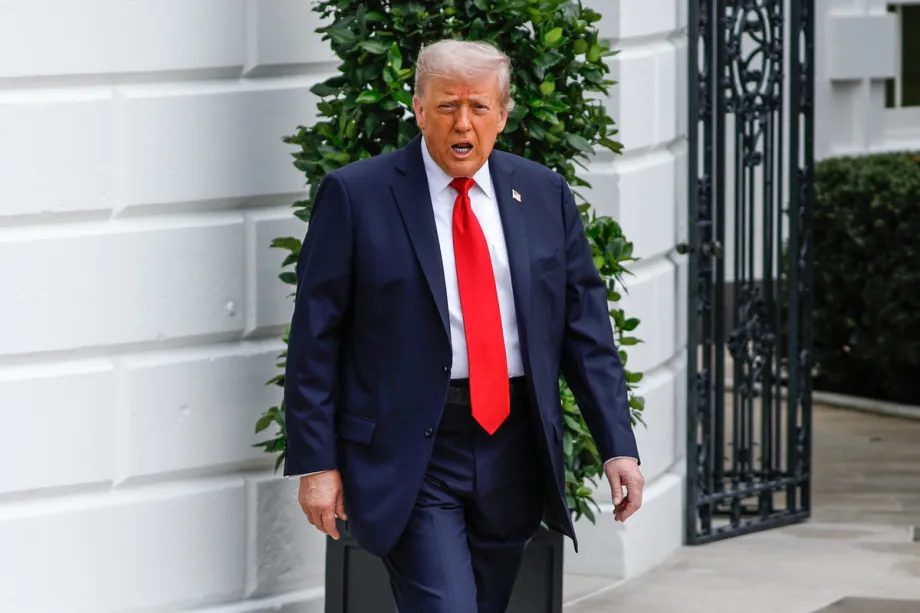US President Donald Trump has blamed Israeli Prime Minister Benjamin Netanyahu for ordering an attack on Qatar, saying the United States had insufficient time to prevent the strike.
Trump addressed the incident in a statement on his social media platform, referring to Israel’s strike on a Hamas delegation in Qatar. He said the action was unilateral and criticized its impact on US and Israeli interests.
“Unilaterally bombing inside Qatar, a sovereign nation and close US ally working bravely to broker peace, does not advance Israel or America’s goals,” Trump said. He stressed that the attack was Netanyahu’s decision, not his own, and noted that his administration learned of it only moments before it occurred through US military channels.
According to Trump, he quickly directed his special envoy, Steve Witkoff, to alert Qatar about the “impending attack.” However, he added that it was too late to stop the operation.
Trump expressed regret over the attack’s location and reassured Qatar that similar incidents would not occur again. He emphasized his efforts to maintain strong ties with the Gulf nation.
He also said he assigned US Secretary of State Marco Rubio to finalize a defense cooperation agreement with Qatar, signaling ongoing diplomatic and military engagement despite the incident.
Earlier statements from Qatar condemned the strike, calling it a “cowardly attack” targeting residential buildings used by Hamas’s political bureau members in Doha. The attack reportedly disrupted talks and heightened regional tensions.
Trump’s comments highlight ongoing friction over US-Israel coordination and the challenges of rapid-response diplomacy in sensitive international situations. He criticized the lack of prior consultation and underscored the importance of protecting allied nations during complex operations.
The former president’s account underscores the limits of US influence in real-time military actions abroad, even with close allies. He described the situation as an unfortunate outcome that strained relations between the involved nations.
Observers note that Trump’s statement could affect the US-Gulf diplomatic landscape, particularly in the context of ongoing peace efforts in the region. His emphasis on swift notification and future cooperation agreements points to a desire to maintain influence and prevent escalation.
The incident has drawn international attention and sparked debates over the role of unilateral military decisions and their impact on broader geopolitical stability. Analysts suggest that future US-Israel coordination may require clearer communication protocols to avoid similar crises.
Trump’s remarks reflect a focus on accountability and transparency, emphasizing that the US had minimal control over the timing of the attack and that Israel acted independently. His assurances to Qatar indicate ongoing efforts to preserve diplomatic ties despite the attack.
The strike on Hamas members in Qatar has further complicated regional security discussions. Experts say maintaining close dialogue with allies and adversaries alike will be crucial to prevent miscalculations and ensure continued progress toward peace.


